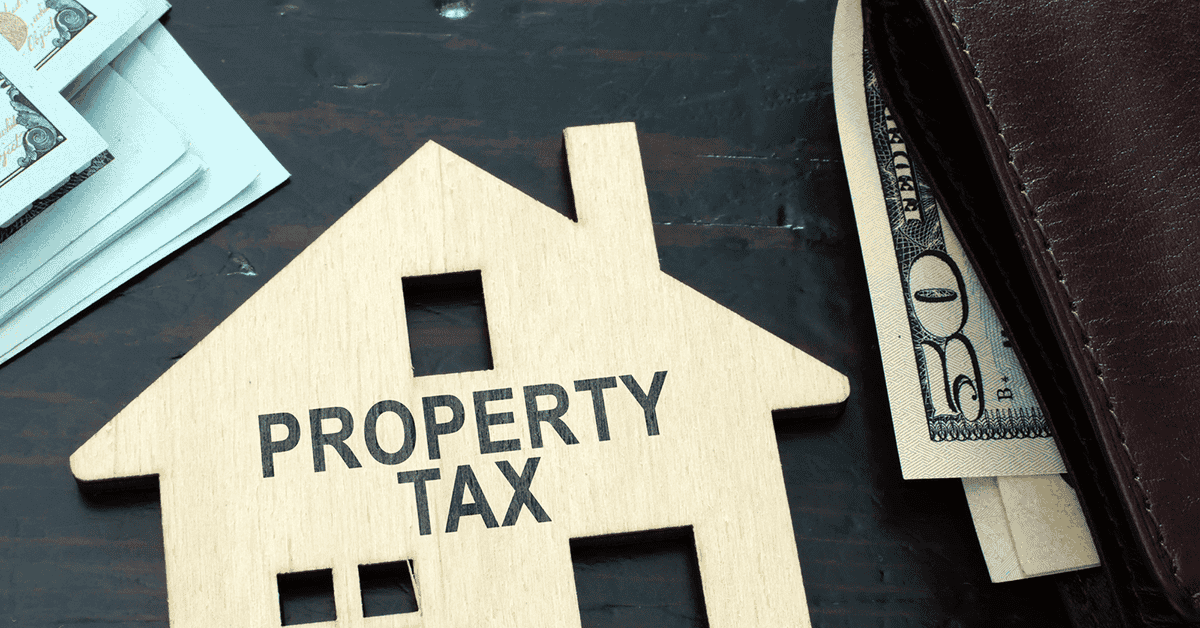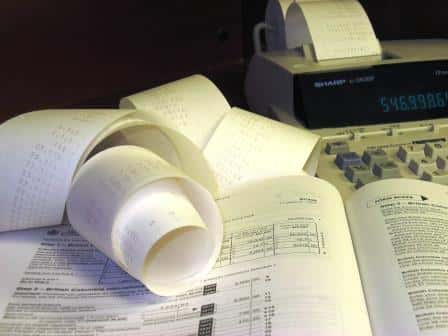Many municipal governments rely heavily on property taxes as their principal source of funding. They are also a considerable annual expense for homeowners. Even if you have paid off your mortgage, you will receive a property tax bill. Your property tax assessment serves as the beginning point for that bill. You’ll have a better sense of what your charge will be each year if you understand how it’s calculated. Then you may budget accordingly, avoid unpleasant surprises, and identify any costly mistakes on your account.

Property taxes have recently been a hot topic. WGEL interviewed Bond County Realtors Noel Harnetiaux about the impact of property taxes on home sales and prices. She told WGEL that since the tax assessments were issued, her office has gotten numerous phone calls from customers looking to sell their homes.
She pointed out that if you go down that road, you’ll be purchasing something else in a seller’s market. Property taxes, she says, have an impact on what individuals can buy because you look at what you can pay per month, and if you have to set aside more of that amount for escrow and taxes, you might not be able to buy as pricey a house.
How Are Property Taxes Used?
Property tax revenue can be used to pay local government services for community safety, such as law enforcement and fire departments, or to fund education through school districts or libraries.
What Affects Your Property Tax Bill?
Your charge is dependent on what your property is utilized for (home, agricultural, apartment, office, commercial, unoccupied land, and so on) in addition to its assessed value. Some uses, such as religious or spiritual property and structures, may be exempt from taxation. Varying uses may be taxed at varying rates, but taxation should be uniform—that is, the multiplier should be the same for all properties in the same category. Within that group, criteria such as the size, type of construction, age, and location of your property can all have an impact on your tax rate.
If your property tax bill is based on current real estate values in your location, you should expect variations from year to year. Even if the market value of your property has no effect on your bill, changes in the tax rate for any component of the property tax can.
Tax collectors might raise your bill by increasing the assessed value of your property and/or the tax rate. Similarly, they might reduce your bill by lowering the assessed value of your property and/or the tax rate.
The Bottom Line
If your property tax bill is based on current real estate values in your location, you should expect variations from year to year. Even if the market value of your property has no effect on your bill, changes in the tax rate for any component of the property tax can.
Tax collectors might raise your bill by increasing the assessed value of your property and/or the tax rate. Similarly, they might reduce your bill by lowering the assessed value of your property and/or the tax rate.
Because property tax rules are regulated at the local level and might vary greatly depending on where you reside, the information in this article is just intended to provide you with a rough sense of what to expect. Many tax jurisdictions include websites that explain your property tax bill section by section if you need assistance. If you disagree with your property tax bill, find out how to formally request a reassessment from your local tax authority. You can even discover how to reduce your property tax.




